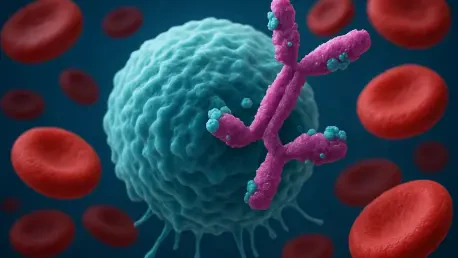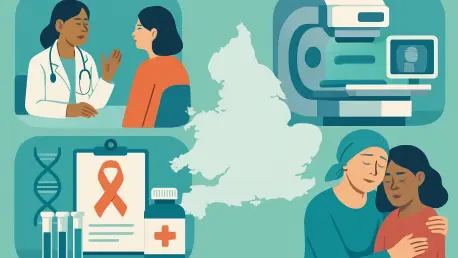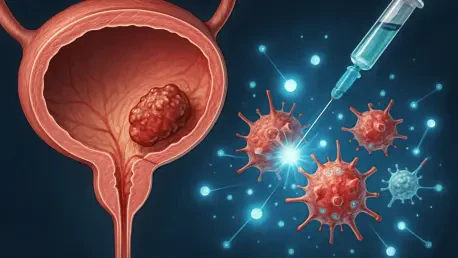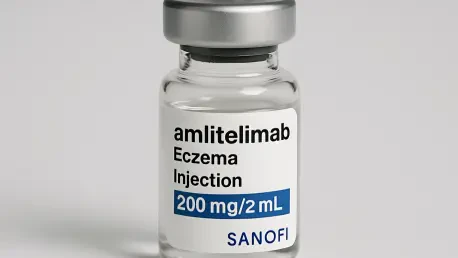
Small cell lung cancer (SCLC) continues to pose a significant challenge in oncology, with its aggressive progression and limited treatment avenues leaving patients and clinicians grappling for solutions. Representing roughly 10-12% of all lung cancer diagnoses worldwide, SCLC is notorious for rapid

Cancer continues to be one of the most daunting challenges in modern healthcare, with millions of lives affected annually by its devastating impact, and traditional treatments like chemotherapy and radiation, while often effective, frequently bring debilitating side effects and inconsistent

England faces an unprecedented public health challenge as projections indicate a staggering 6.3 million new cancer diagnoses by 2040, effectively doubling the current rate and resulting in a new case every two minutes, driven by an aging population and lifestyle factors such as smoking and obesity.

In a landscape where advanced bladder cancer has long posed a formidable challenge to patients and healthcare providers alike, a new beacon of hope emerges with a groundbreaking treatment combination recently recommended by the National Institute for Health and Care Excellence (NICE) in the UK.

What happens when a pharmaceutical giant like Sanofi, a titan in the industry, unveils a drug that ticks all the clinical boxes yet leaves the market unimpressed? This is the perplexing reality surrounding Amlitelimab, an experimental treatment for eczema that promised to revolutionize patient care

In a remarkable stride for medical science, the survival rates for multiple myeloma, a significant form of blood cancer affecting thousands annually, have shown extraordinary improvement over recent decades. This disease, which accounts for roughly 2% of all cancer cases in the UK with about 6,300